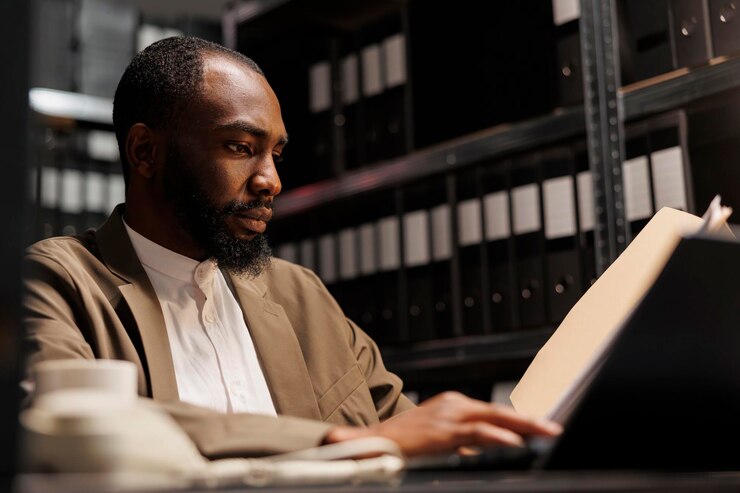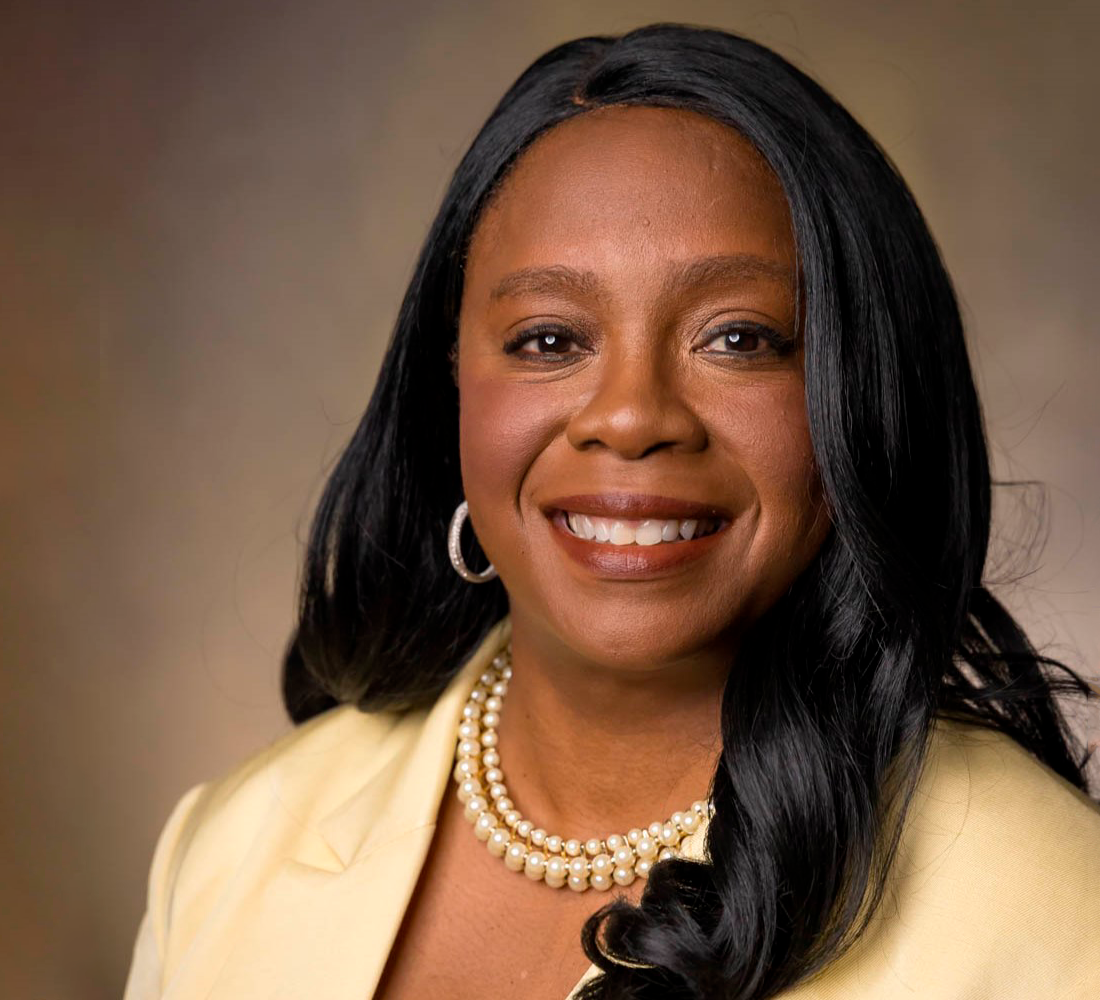HBCU Love: Kamala Harris Says Attending Howard Was A Childhood Dream Actualized
SEN. KAMALA HARRIS WAS FIRST INTRODUCED TO HOWARD UNIVERSITY AS A CHILD. YEARS AFTER GRADUATING SHE CREDITS IT AS THE PLACE THAT FOREVER CHANGED HER LIFE.
When Kamala Harris enters the halls of Capitol Hill, Howard University goes with her. It’s impossible to separate the prominent policymaker from the institution that helped define her career. The place that nurtured her into the woman she is today.
Before she ever ran for the district attorney of San Francisco, the Attorney General of California, a U.S. Senate seat or the president of the United States, a 17-year-old Harris, ran a successful campaign for the title of freshman class representative of Howard’s liberal arts student council. “That was my first run for public office,” “And when you run for public office at Howard University, you can run for office anywhere.”
Harris quickly learned that the competitive instinct of her college peers was “no joke,” but it was still important for her to hit Howard’s gates running. In addition to serving on the student council, she sparred on the debate team, chaired the economics society and pledged the Alpha chapter of Alpha Kappa Alpha Sorority, Inc. “My aunt Chris, who was the one who really had a big influence on me, was an AKA and pledged at Howard,” Harris reveals. “So it was just very natural for me to want to end up pledging in the sorority which I feel really rounded out my experience. It’s a sisterhood that lasts till today.”
Though Howard was on the opposite side of the country from the Bay Area where she was brought up, the Senator from California contests that it was so similar to the world she had come to know. “I grew up in a community that was, in part, about civil rights, that had a whole piece about the revolution, and collectively it taught me about the nuances of the diaspora.” While still a candidate for president, she’d often say that she spent most of her childhood surrounded by adults who spent their full time “marching and shouting for this thing called justice.” The daughter of an Indian mother and Jamaican father explains that those years prepared her to learn from students who were from all across the Continent, the Caribbean, and different pockets of the United States. “Some of my closest friends were from Detroit and Jersey, the South Side of Chicago. And it was about us coming together and teaching each other new things.”
While Harris’s upbringing laid the foundation for her to spread her wings at Howard, it was her experience at the HBCU that taught her how to soar. She maintains that the years she spent on the D.C. campus developed her for the role she’d play in life and helped her create the identity she would eventually present to the world. Much of that, Harris says, is because Howard ensured there was no excuse to fail. It’s an attribution, she contends, can be ascribed to all Black colleges and universities which have for years played an indelible role in the fabric of this country.
“There’s something special about the investment that an HBCU places in its students,” the staunch HBCU advocate says. “It’s about the nurturing. It’s about refining. It’s about all that goes into making someone transition from being a child into an adult. And in that way, it’s very tough love.”
All the love that the university once showed the distinguished Democrat, is now reflected in Harris’s commitment to ensuring that institutions like Howard are not left behind. Since entering the halls of Congress in 2017, she has proposed bills to preserve their historic buildings and sites, advocated for increased spending, and introduced legislation to ensure that these pillars in the Black community are properly funded.
Harris explains that her interest in protecting these schools is multifaceted. While she’s driven in part by her own experiences, she also knows that to lose them or to have them fall behind the standards of predominantly White institutions, would be a loss for the entire country. “HBCUs have produced so many doctors and scientists, and those labs, because they don’t have the kinds of endowments that other schools have, have not necessarily caught up,” Harris imparts. “When we have research, medical and scientific research, happening at HBCUs, it acts as a function for all the people who come for treatment to those hospitals and helps our awareness then, of cultural and genetic factors.”
The potential VP pick says the work doesn’t end there. “We also need to support teacher programs at HBCUs,” she says. “If you look at the facts and the data, it shows that if a Black child by the end of third grade has had a Black teacher, they’re 13 percent more likely to go to college. If that child has had two Black teachers, they’re 32 percent more likely to go to college. So we need to put money into HBCUs to encourage and create grants for students to become teachers, because I know the generational impact of that.”
Harris first fell in love with her undergraduate alma mater as an impressionable child. “My aunt would talk about it because she went there, and so I always romanticized what Howard is and was,” she admits. And though her Black college experience is far behind her, the memories and the impact is still seen today. At every campaign rally, political appearance, and Senate congressional hearing, you can see her Howard University pedigree peeking out. Being a Bison introduced the attorney, author and HBCU advocate to the women who would give birth to her godchildren and form her support system. It taught her to be fully aware of her capacity and her being. It defined who she was and laid a no-excuses path toward her future dreams.
“Howard University is ‘The Mecca,’ ” Harris avers. “And it was a very special, very special time in my life.”

Source: shorturl.at/aceir



